Luxembourg Guerre Gaza-Israël
Guerre Gaza-Israël
 Soudan
Soudan Haïti
Haïti
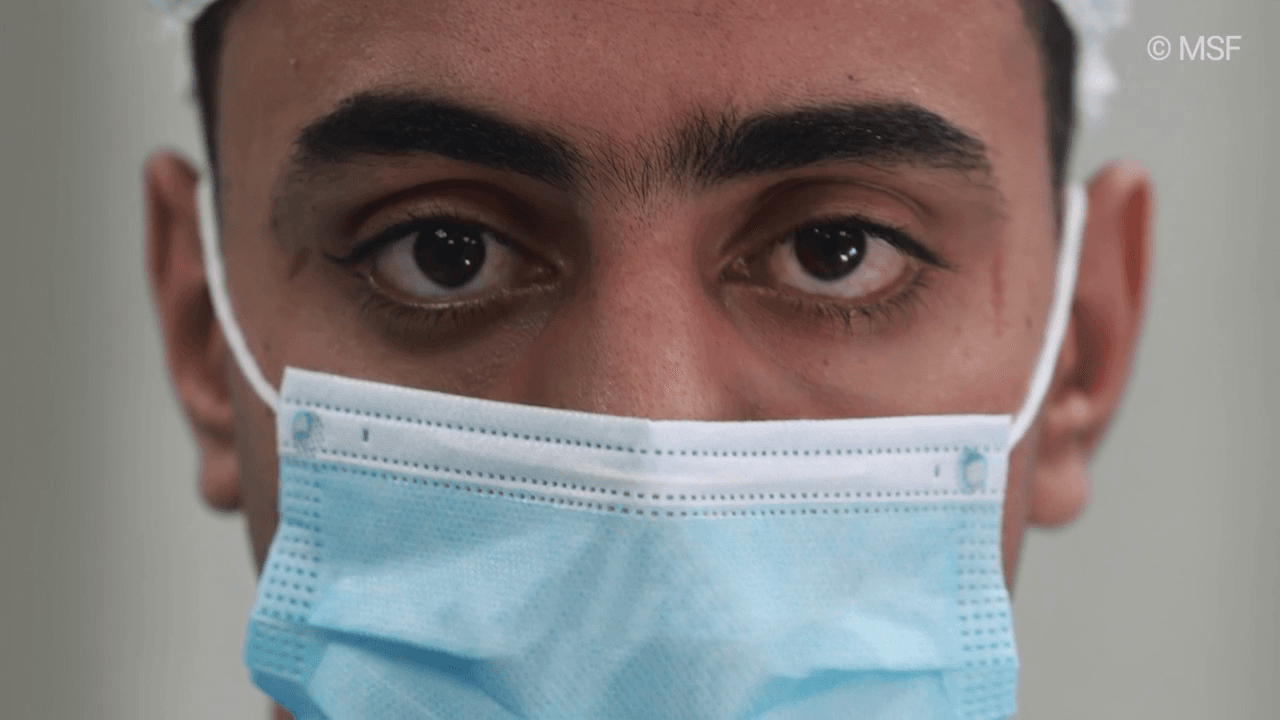
War Gaza-Israel
 Testimonies
Testimonies
Enduring the unthinkable: Gaza’s healthcare workers grapple with the mental health impact of an unyielding war
After over six months of relentless war, and according to Médecins Sans Frontières (MSF) mental health staff, the impact of working in such extreme conditions will leave scars for years to come.
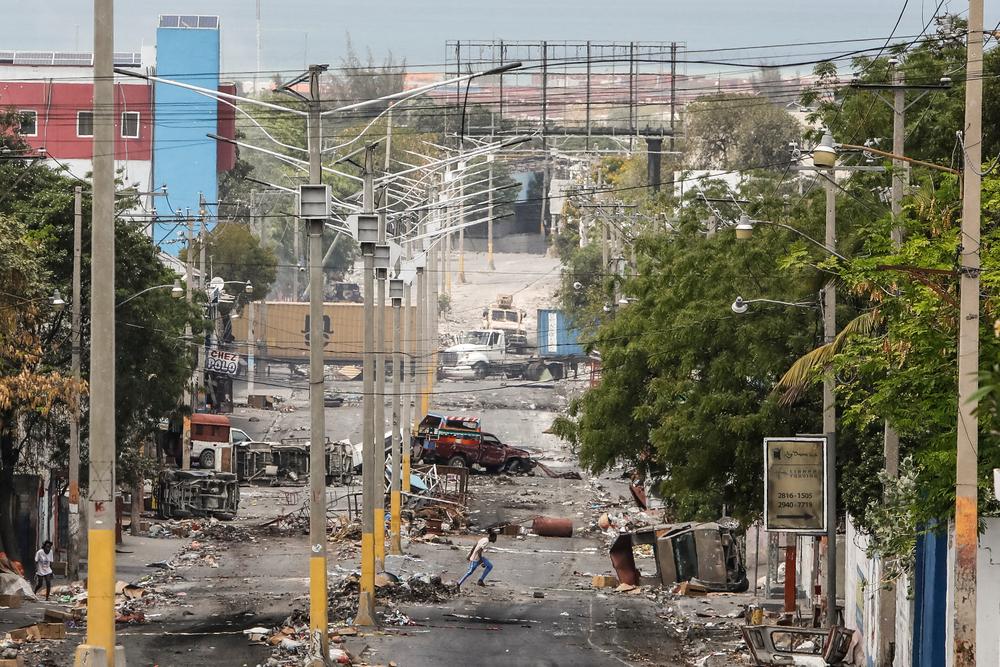
Haiti Testimonies
Testimonies
"The situation in Port-au-Prince today is a humanitarian crisis and it demands an urgent response"
Dr. Priscille Cupidon, medical activity manager of the MSF urban violence project, which runs mobile clinics in violence-affected neighborhoods of the city, describes the impact of violence on health and health care workers in Haiti.
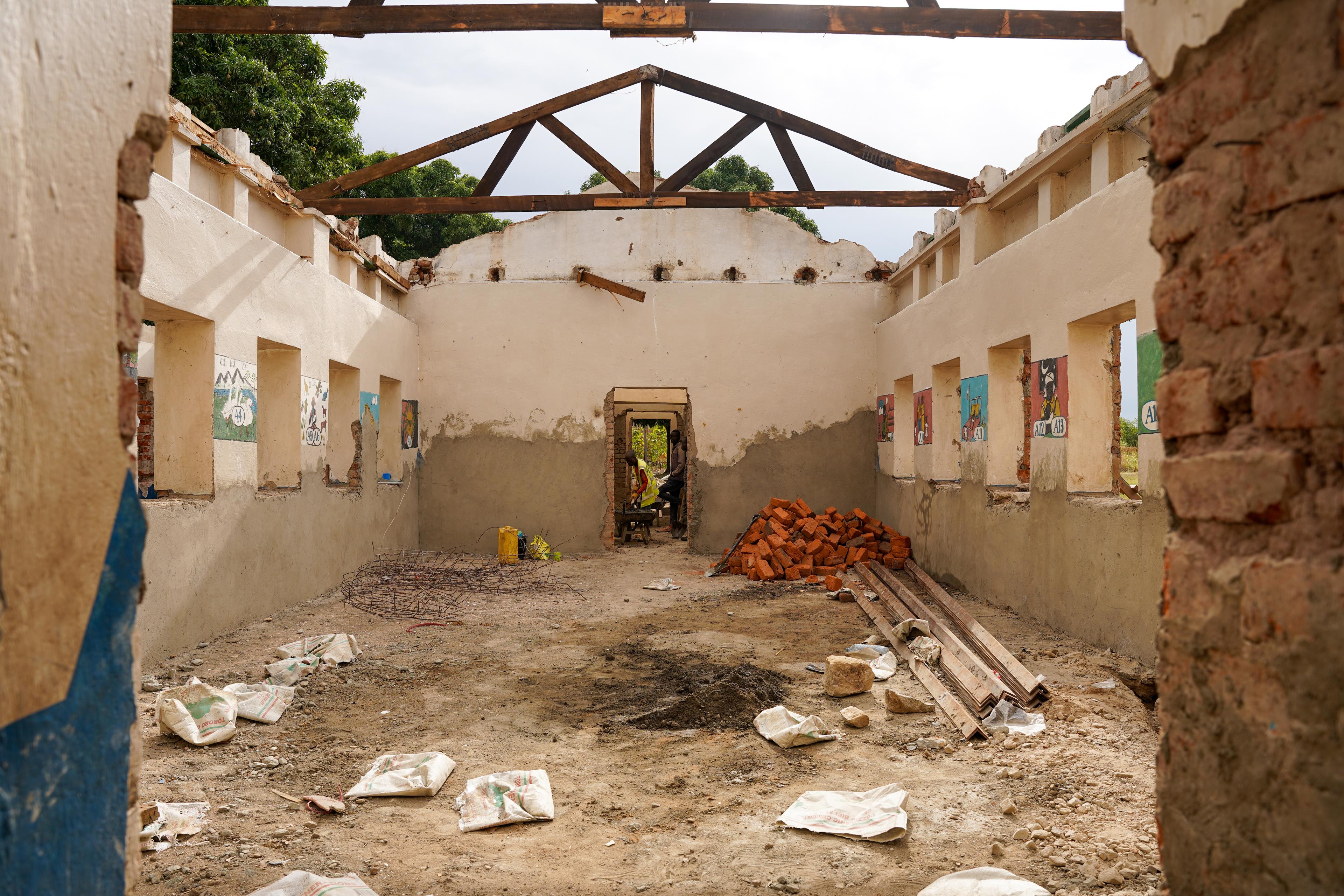
Leveraging Operational Research to Evaluate Innovative Solutions for Safe Water Access in Kajo Keji County
In South Sudan, the high prevalence of waterborne diseases indicated a problem with water quality. MSF therefore developed a toolkit capable of assessing the functionality of boreholes and water quality.
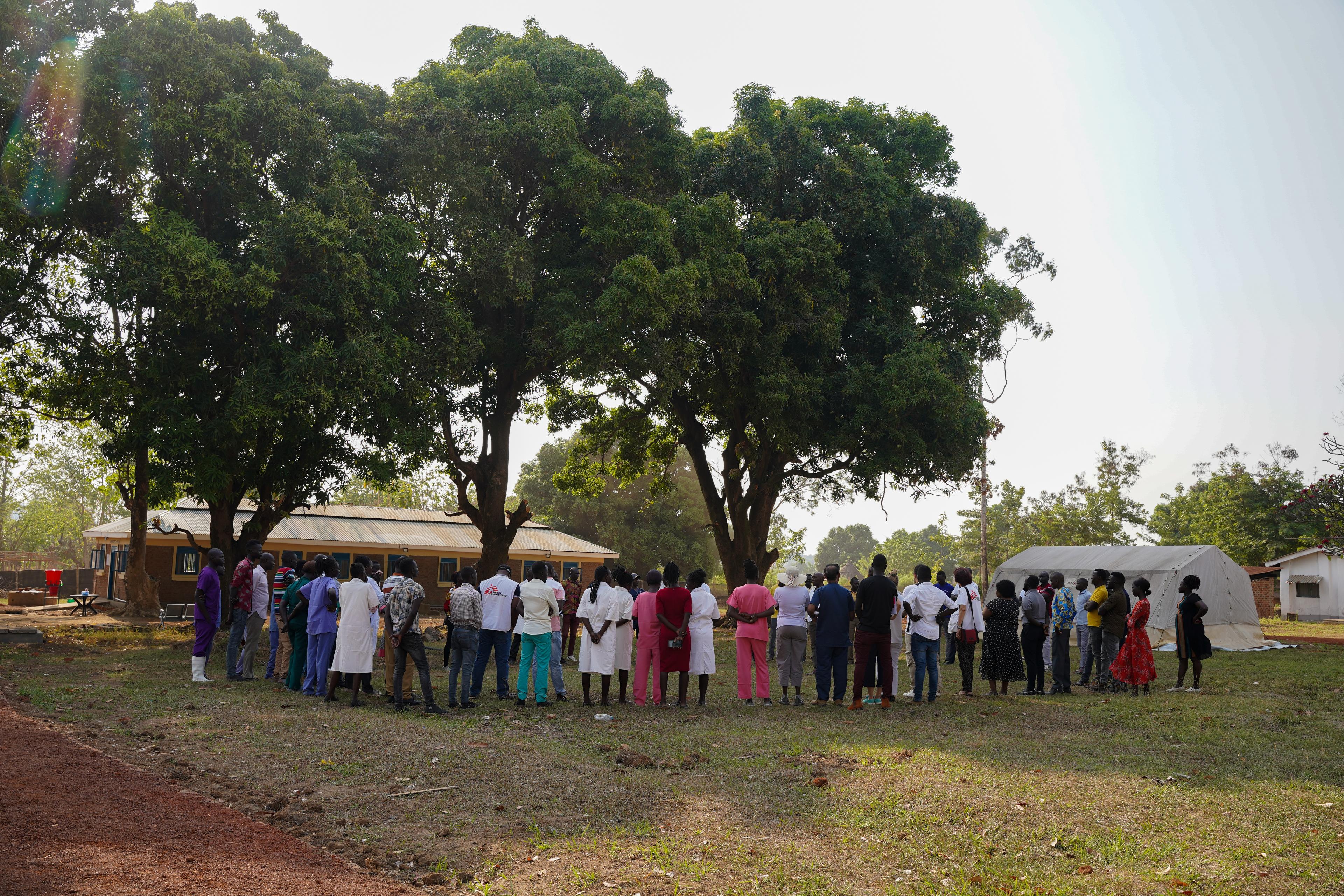
South SudanTestimonies
Returning to South Sudan after the civil war: “How are we again going to survive?"
In a region beset by crises, Médecins Sans Frontières (MSF) and the Ministry of Health took over secondary-level health services at the Kajo Keji civil hospital last year.
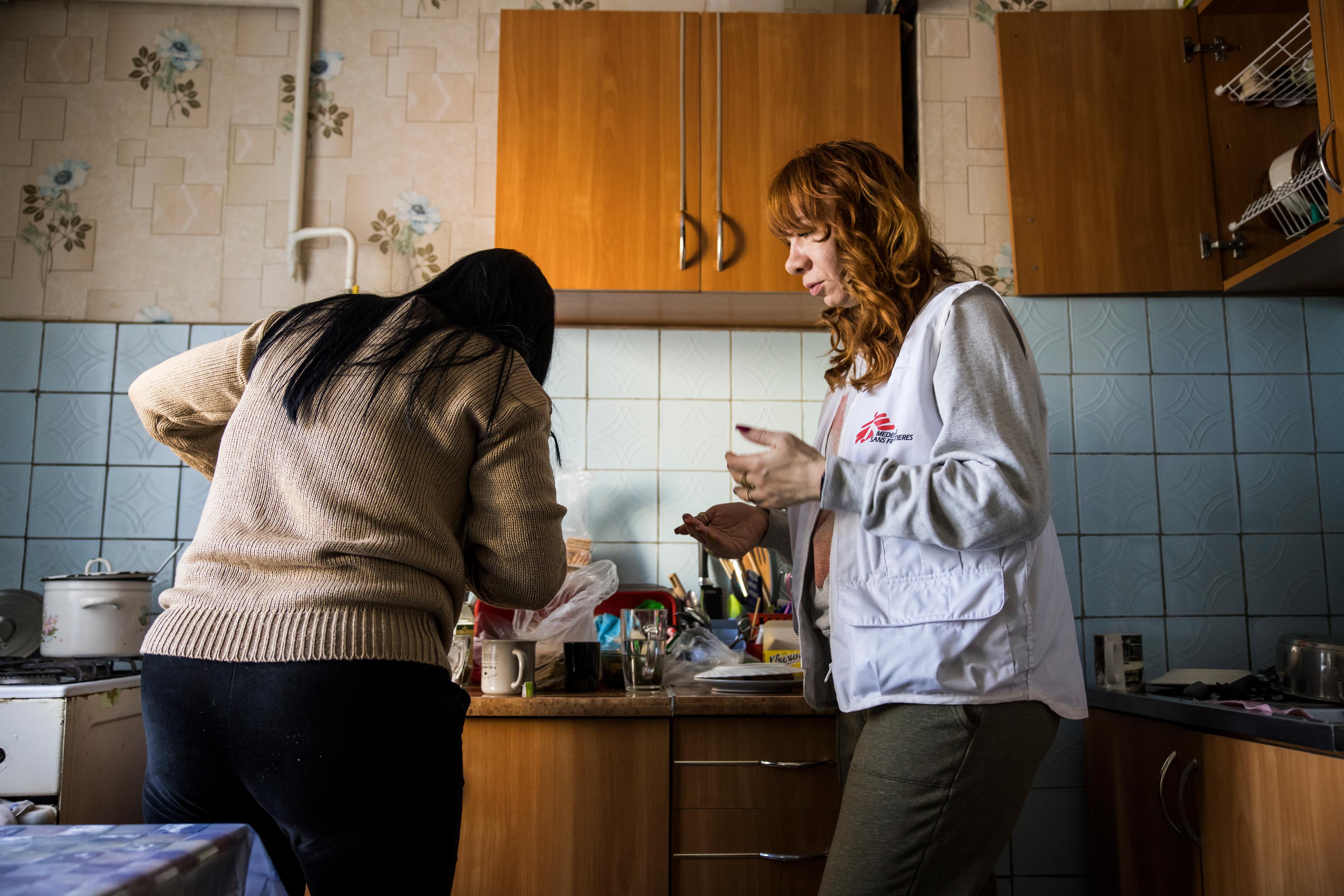
Ukraine EmergencyAll news
War-torn Minds: Navigating Mental Health Issues Amid War in Ukraine
MSF's mental health programme, a key component of the response in Ukraine, has helped the staff of the Trostianets hospital to cope with the horrors of war.
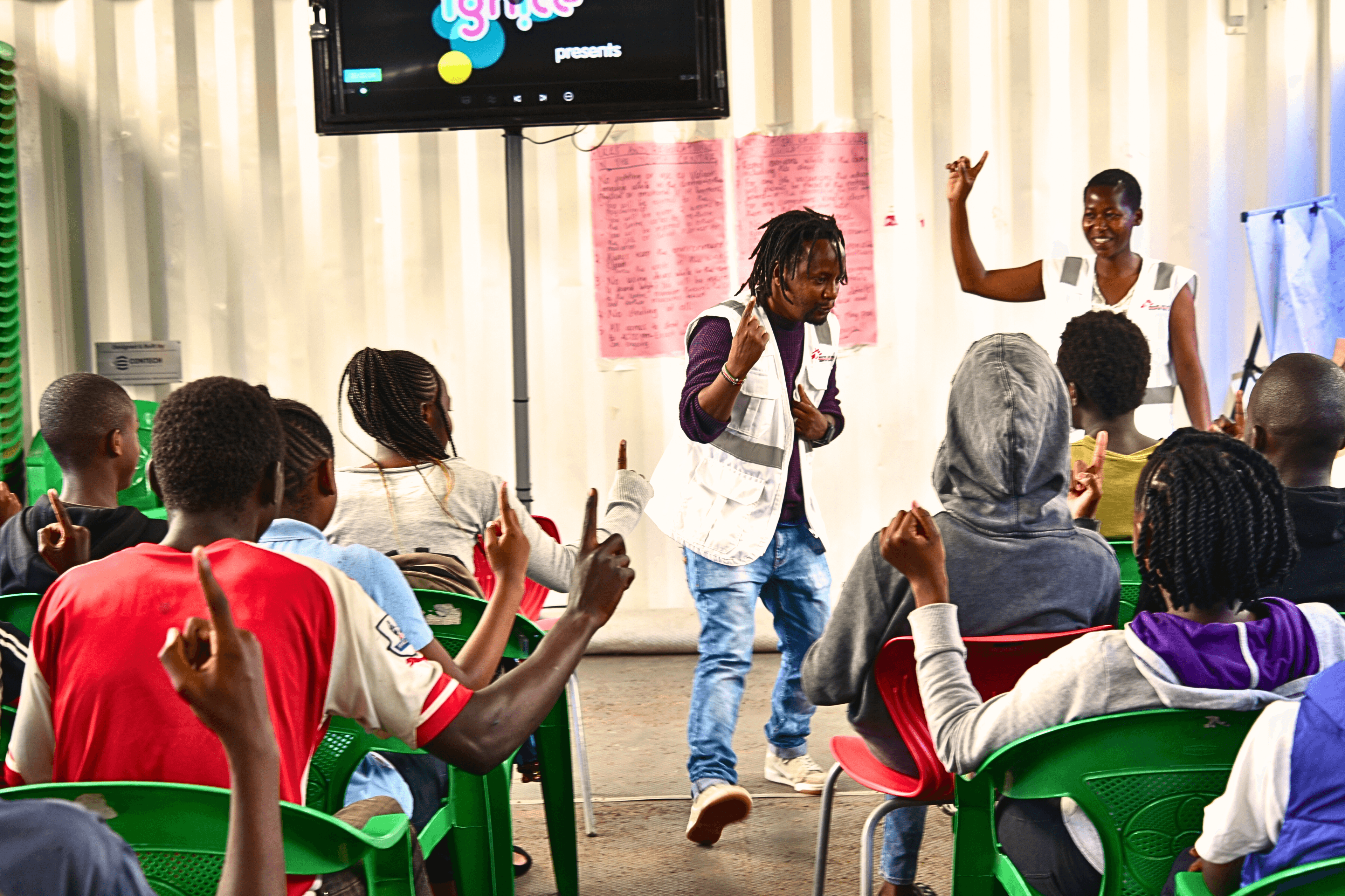
KenyaAll news
Beyond medical care: Dandora Youth Friendly Center, a safe space for young people from Nairobi's disadvantaged neighborhood
The Dandora Youth Friendly Center serves as a safe space for young people between ages 10 to 24, offering more than just medical care. This vulnerable population grapples with urban violence, substance abuse, and socio-economic challenges.
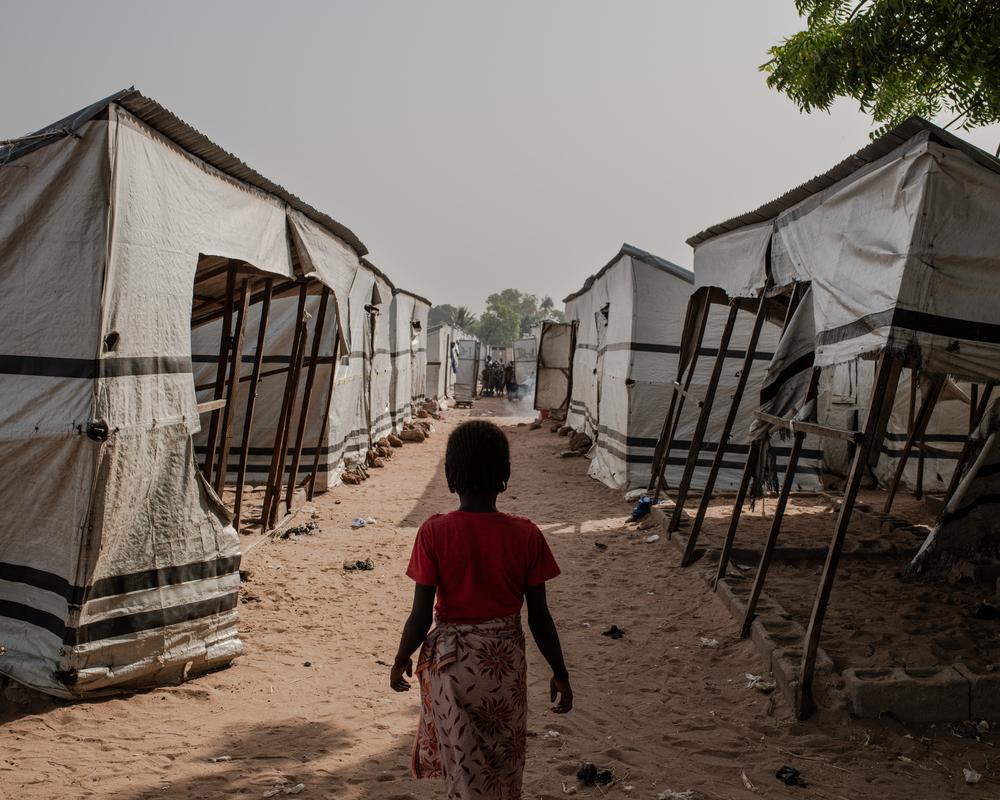
NigeriaTestimonies
Surviving pain and fear: Women’s harrowing tales from camps in Benue
After receiving reports of alarming levels of sexual violence against women and girls in the camps around Makurdi, the capital of Benue state, MSF is providing survivors with medical and psychological care.
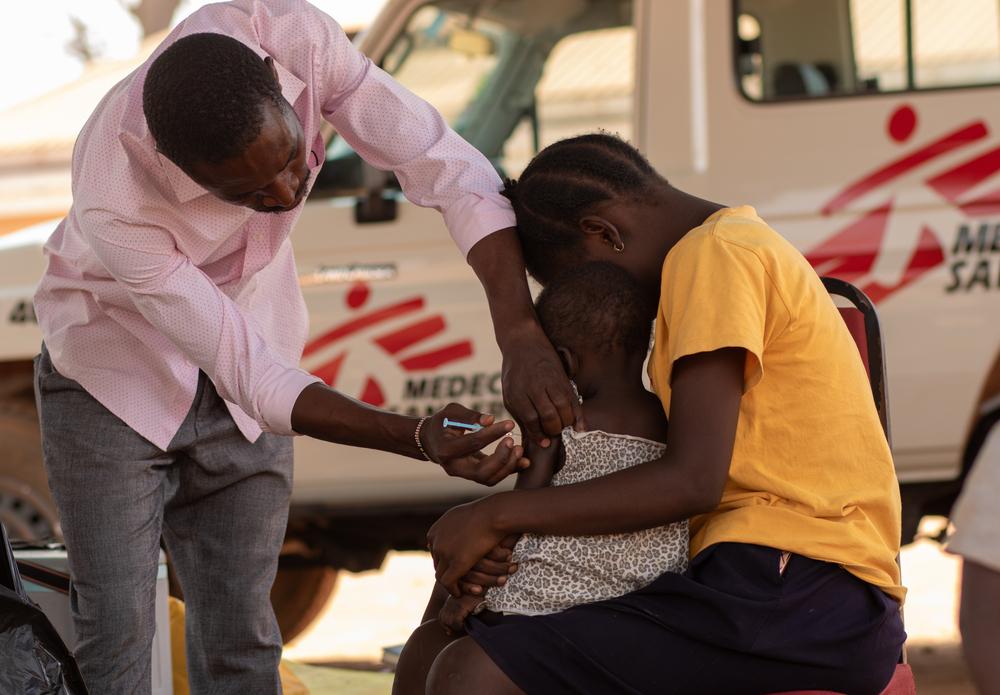
Gavi: the future five-year strategy must guarantee equitable access to vaccines
With routine vaccination efforts failing to reach people in fragile and emergency settings, MSF is seeing low vaccination coverage and more outbreaks of vaccine-preventable diseases, like diphtheria and measles
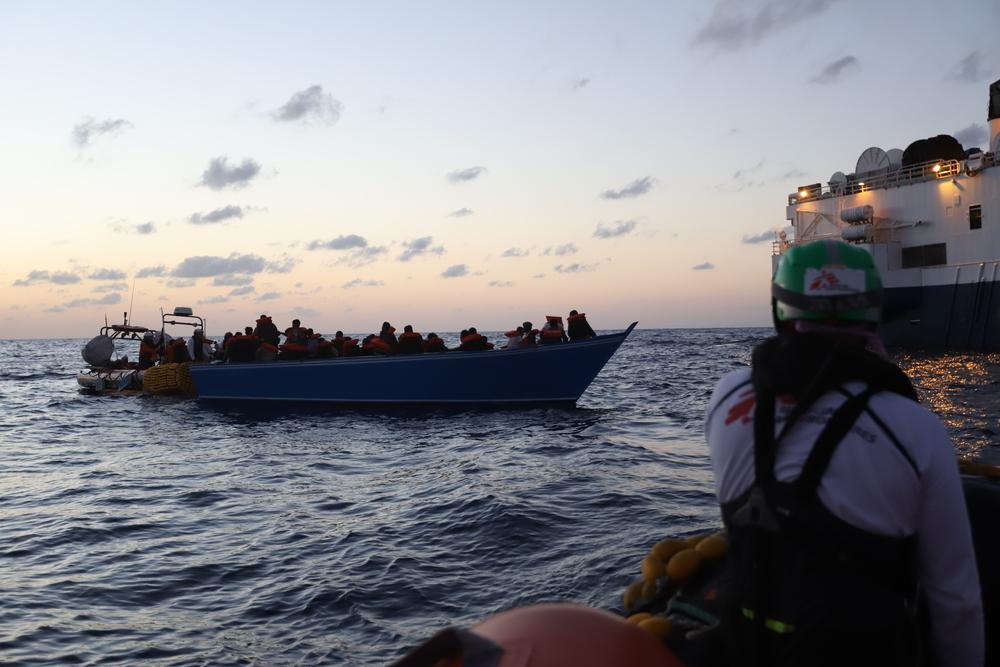
Charges against rescues at sea dropped: Saving lives is not a crime
Seven years of falsehoods swept away, but attacks continue.